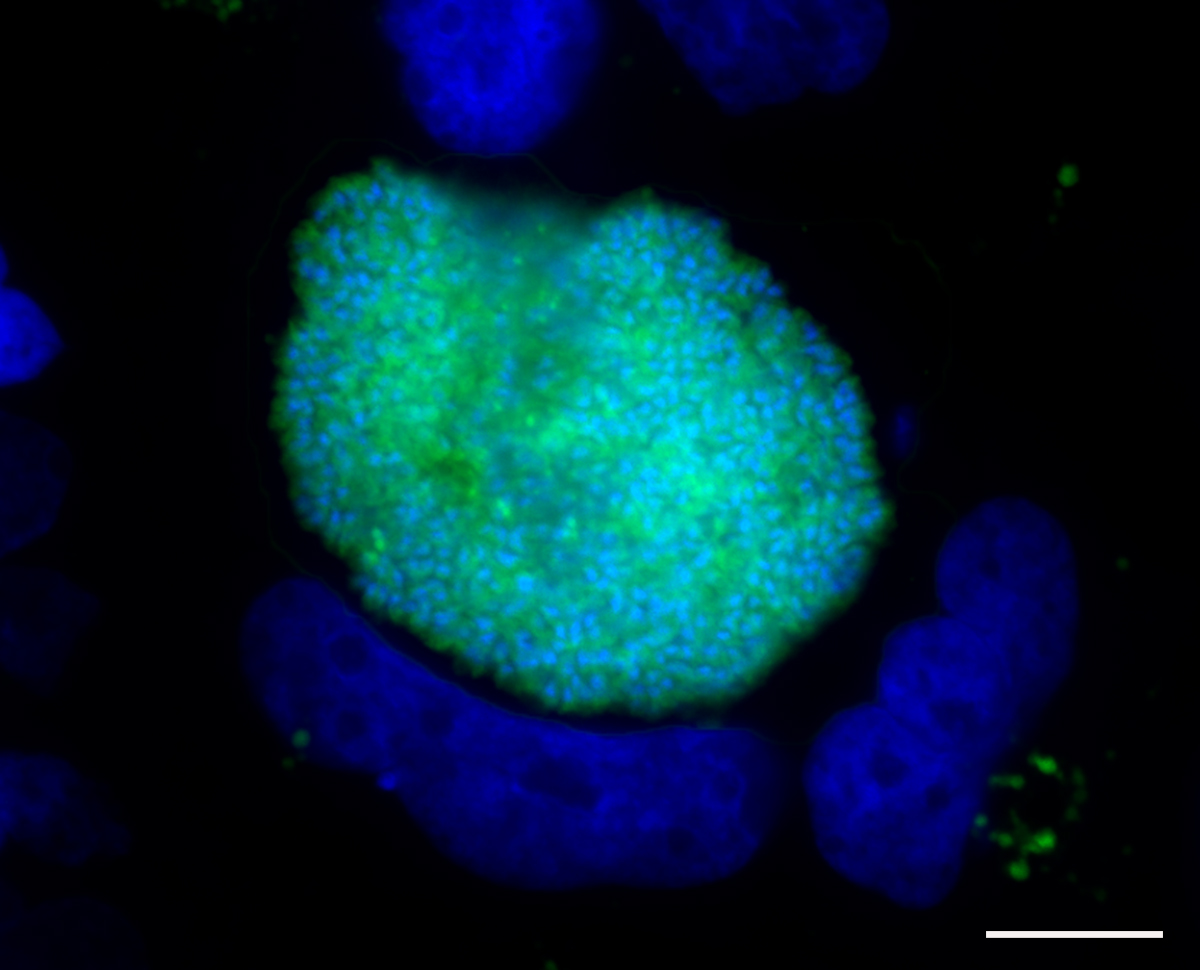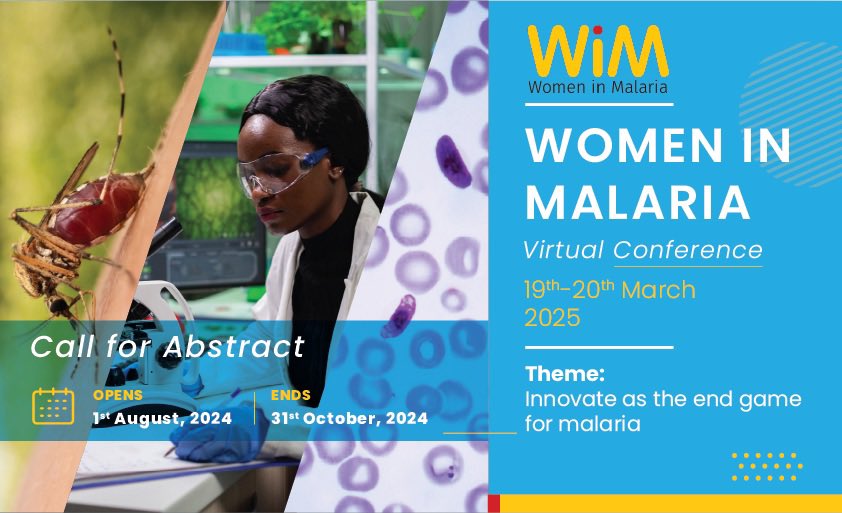
Michaela Petter
@m4774r14
ID: 1776363116655206400
05-04-2024 21:36:07
7 Tweet
9 Followers
27 Following

Am Montag starten wir unser nächstes #Takeover zum #Weltmalariatag: Unsere #Malaria-Expertinnen Anna Bachmann vom @BNITM_de, Michaela Petter vom Uniklinikum Erlangen und Alyssa Ingmundson von der Humboldt-Universität zu Berlin werden aus der Forschung und über die Bekämpfung der Malaria berichten.


In honor of #WorldMalariaDay coming up later this week (April 25!) Anna Bachmann @AnnaBachmann11, Michaela Petter Michaela Petter and I @aingmundson will being taking over this bit of your feed and sharing info about #malaria


Mattea Scheiner is characterizing a protease that Plasmodium need to leave the liver at the end of this infection stage. She works in my group @aingmundson and is part of SPP2225-Exit strategies of intracellular pathogens. #infectneXt



This is something our team Michaela Petter investigates in the RTG 2740 @immunomicrotope. #infectnet


